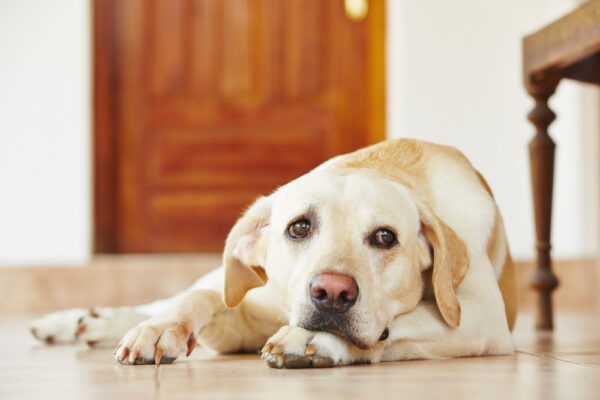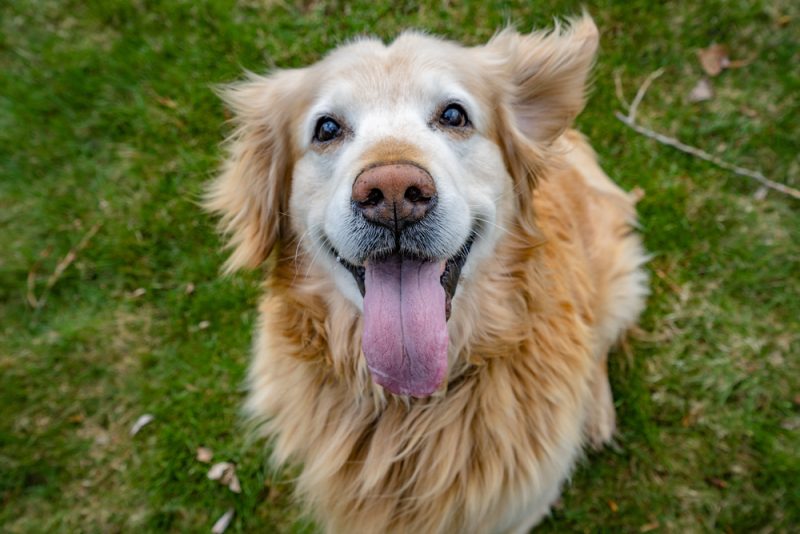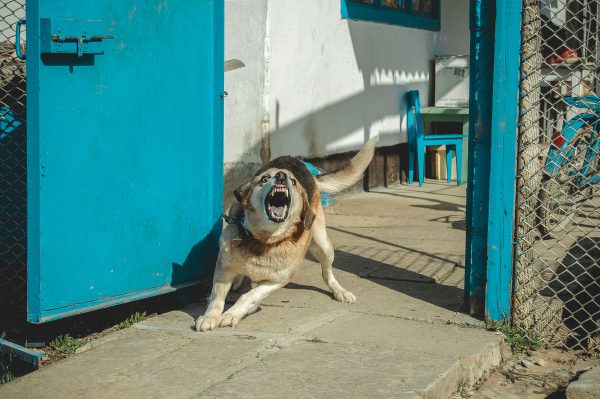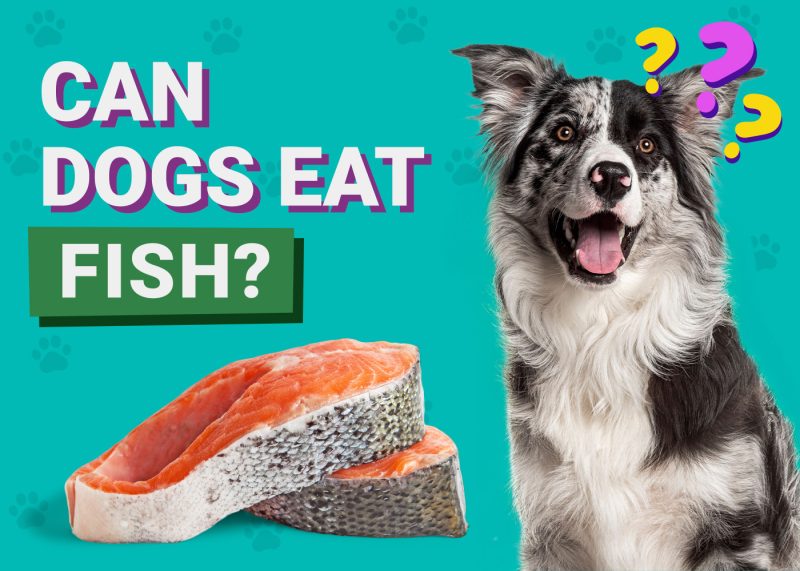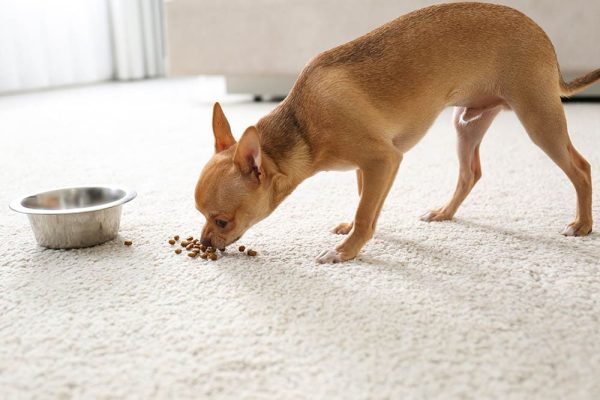In this article
View 4 More +If you own a dog, you know that it can be quite common to be suddenly taken back by bad doggie gas. While it’s usually a natural part of digestion, flatulence can sometimes be a sign of an underlying health issue. If you have noticed that your dog is suffering from gas more than usual, keep reading as we discuss causes, remedies, and when it’s time to call the vet.

What Is Dog Gas?
Dog flatulence is the release of a mixture of gases from the digestive system through the rectum and is a natural part of digestion. It occurs in all animals, including humans. The gas is produced when bacteria in the intestine further break down food that hasn’t been fully digested higher in the gastrointestinal tract. These gases can include various compounds, including nitrogen, methane, carbon dioxide, and sulfur.

What Are the Signs That Dog Gas Is a Problem?
- The frequent audible passing of gas is the most obvious sign that your dog is having a flatulence problem.
- Your dog’s abdomen might appear bloated or feel hard to the touch due to the buildup of gas.
- If the gas buildup is significant, your dog might show signs of discomfort or pain, such as whining, restlessness, or a reluctance to let you touch them around the abdomen.
- Excessively smelly gas is a common sign of a problem. While dog gas isn’t typically pleasant, a noticeable increase in the foul odor of the gas can be a sign of dietary issues or digestive disturbances.
- If your dog is passing gas more often than usual, that could indicate a problem.
- Changes in bowel movements, including diarrhea and constipation, or changes in the color, consistency, or frequency of stools can indicate an underlying health issue.
- Increased rumbling and more gurgling noises from the abdomen area, also known as borborygmi, can signify a bigger problem.
- Some dogs might eat less if they’re experiencing discomfort from gas, and it can make them more irritable or less active.

Why Is My Dog So Gassy? The 5 Causes of Dog Gas
1. Dietary Factors
Cheap or low-quality dog foods often contain fillers and ingredients that are hard for dogs to digest, leading to excess gas. Rapidly changing your dog’s diet can also upset their digestive system. High-fiber foods often lead to more gas production, and many adult dogs are lactose intolerant and will suffer from gas and other problems after drinking milk or eating dairy. Some foods, such as beans, naturally produce more gas, and foods high in fat can slow digestion and lead to gas. Finally, eating spoiled food or garbage can lead to gastrointestinal upset and gas.
2. Eating Habits
Dogs that eat too quickly tend to swallow a lot of air, which can cause excessive gas to build up. Eating things they shouldn’t, such as human food, can also lead to digestive upset and gas.
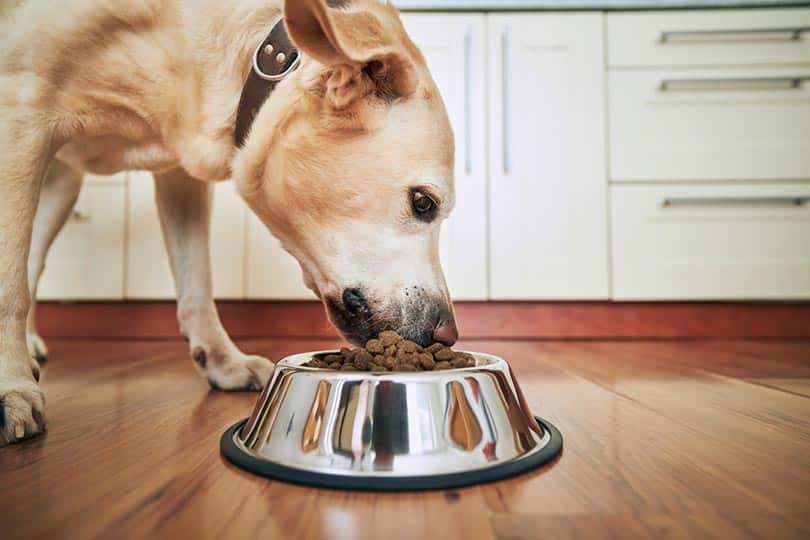
3. Health-Related Issues
Allergic reactions to certain ingredients in food can cause gastrointestinal upset and gas, as can internal parasites. Inflammatory bowel disease, pancreatitis, gastroenteritis, and other issues can also lead to more gas production.
4. Age and Breed Factors
Older dogs may have less efficient digestion, leading to increased gas. Certain breeds, especially those with short snouts, such as Bulldogs and Pugs, are more prone to flatulence because they tend to swallow more air as they eat.
5. Lack of Exercise
Insufficient exercise can slow down digestion, contributing to gas buildup.

The 6 Ways to Care for a Dog With Gas
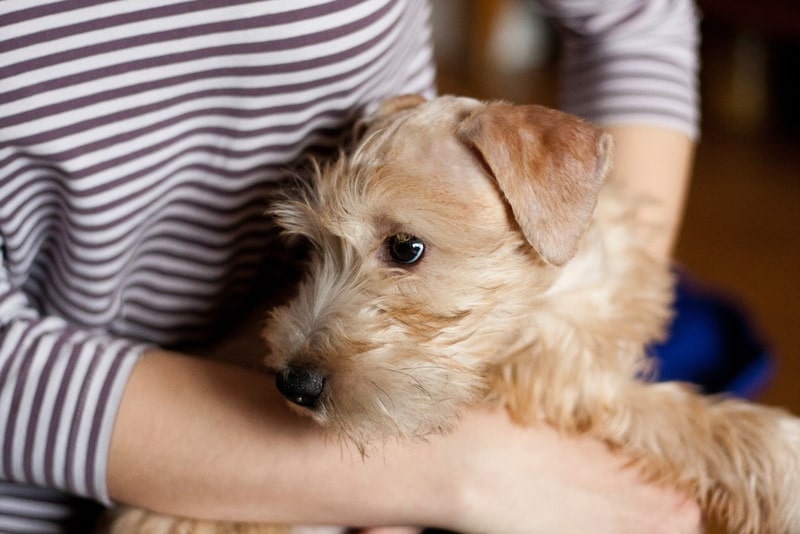
1. Dietary Adjustments
Feed your dog a high-quality, easily digestible food with real meat like chicken or turkey listed as the first ingredient, and avoid foods with excessive fillers or additives. If you need to change your dog’s diet, do it gradually by mixing the new food with the old for several days to give their digestive system time to adjust. Avoid foods known to cause gas, such as beans, soybeans, peas, and dairy products, and follow portioning recommendations closely. Talk to a vet about adding probiotics and prebiotics to your pet’s diet to help balance gut flora.
If you need to speak with a vet but can't get to one, head over to PangoVet. It's our online service where you can talk to a vet online and get the personalized advice you need for your pet — all at an affordable price!

2. Feeding Practices
If your dog eats quickly, consider using a slow-feeder bowl to prevent them from swallowing too much air. Serving smaller, more frequent meals can also help reduce the amount of air consumed and ease digestion.
3. Regular Exercise
Regular exercise can help improve digestion and reduce gas. Ensure that your dog gets plenty of activity based on breed and age requirements.

4. Checking for Food Intolerances
If you suspect that your dog has a food allergy or intolerance, consult your veterinarian, as they can recommend an elimination diet to identify the problematic ingredient. Other signs of food intolerance may include vomiting, diarrhea, itchy skin or chronic ear infections.
5. Healthy Weight Maintenance
Overweight dogs are more prone to digestive issues, including gas.
6. Regular Veterinary Check-Ups
Regular check-ups with your veterinarian can help identify and treat any underlying health issues that may be contributing to your dog’s flatulence. Your veterinarian can also recommend high-quality diets and supplements as needed.

Frequently Asked Questions (FAQ)
Is It Normal for Dogs to Have Gas?
Yes, it’s normal for dogs to pass gas occasionally. However, excessive or particularly smelly gas can indicate dietary issues or health problems.
What Foods Are Most Likely to Cause Gas in Dogs?
Foods like beans, peas, dairy products, and high-fiber foods can cause gas in dogs. Some dogs might also be sensitive to grains or specific types of meat.
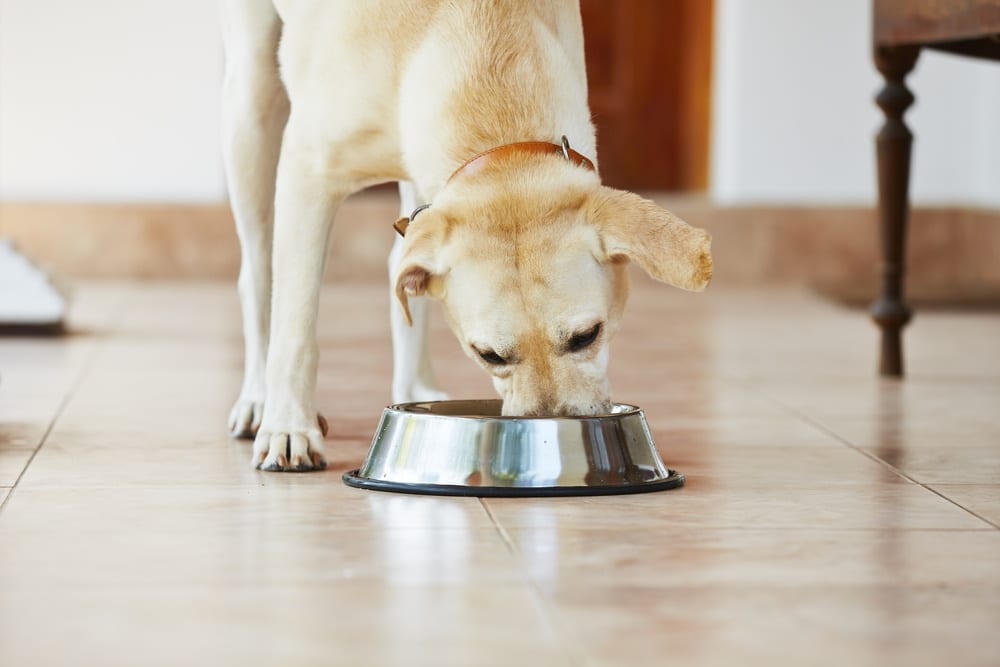
Are Certain Dog Breeds More Prone to Gas?
Yes, certain breeds, particularly those with short snouts like Bulldogs and Pugs, are more prone to having gas because the shape of their heads affects how much air they swallow.
How Can I Tell If My Dog’s Gas Is a Health Concern?
If signs like diarrhea, vomiting, significant changes in appetite or behavior accompany the gas or if it becomes a frequent issue, it might indicate a health concern.

Conclusion
Dog gas is a natural occurrence that results from the digestion of food, and it is perfectly healthy for your pet to pass gas occasionally. Some foods naturally produce more gas, such as many kinds of beans or dairy products especially in dogs that are lactose intolerant.
However, if your dog is passing gas frequently, it could be a sign of a poor diet or worse, an underlying health problem. Always provide high-quality dog food with real meat listed as the first ingredient, follow portioning recommendations, and ensure that your pet gets plenty of exercise. If you think that the issue is bigger than your brand of dog food, contact your vet immediately to have your pet looked over.
See also:
- HGE – Hemorrhagic Gastroenteritis in Dogs
- What Can You Give a Dog for Gas? 5 Vet-Recommended Tips
- Dog Breeds That Fart a Lot: Most Gassy Canines (Vet-Verified)
Featured Image Credit: san4ezz, Shutterstock




